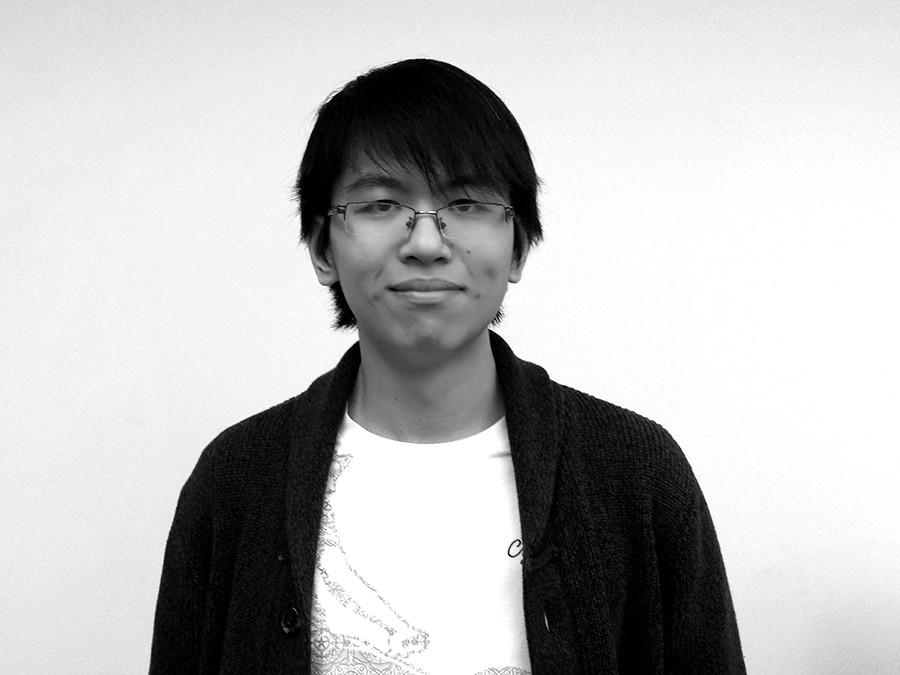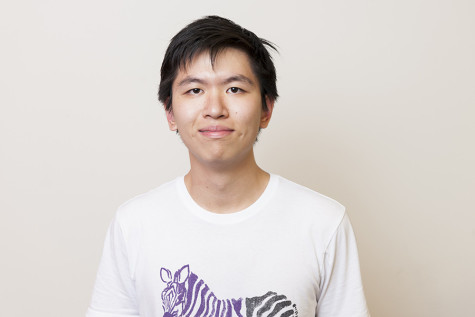Political meddling is real threat to free speech
March 25, 2015
A crisis of political correctness has recently arisen in the University of North Carolina Chapel Hill. North Carolina Governor Pat McCrory, a republican, urged the school board to move away from teaching material that might be considered political. Instead, he called upon the school board to “reform and adapt the UNC brand to the ever-changing competitive environment of the 21st century,” an exhortation that eerily suggests a need to conform rather than to challenge. In practice, the governor’s consultation mostly resulted in the end of left-leaning programs including the Center on Poverty, Work and Opportunity, which investigates economic inequality in the United States and regularly criticizes Republican initiatives. Also nixed were programs studying environmental protection and voter engagement, which are often considered liberal concerns. This is no coincidence — the UNC closures represent a blatant example of censorship. UNC professor Gene Nichol, the center’s former head, and his colleagues fear publishing or writing anything even remotely controversial. For refusing to be neutral or politically correct, an academic institution simply disappears.
Instead of focusing on the problem of censorship, many professors pundits and ordinary people have fixated on trigger warnings in universities as the most pressing threat to academic freedom. These disclaimers for graphic content are often characterized as a misguided attempt at sensitivity that prevents students from new experiences and new perspectives. Debates over trigger warnings have even framed them as a possible threat to freedom of expression — a menace to the fundamental belief that all ideas deserve the light of day.
But trigger warnings, for whatever political motivations may underlie them, are still merely lines of text. Their supposed harms pale in comparison to those of McCrory’s brand of political correctness. If a reading assignment carries a trigger warning, an interested student can still choose to read it. But if a seminar on economic inequality is shut down, an interested student has no recourse. Pundits fixate upon trigger warnings because they are new, the products of an Internet culture mostly used by the disenfranchised and an easy target to lampoon.
Trigger warnings amount to little more than a distraction in comparison to the very real, very destructive political manipulation that lawmakers have always attempted to affect in schools. They may well be excessive, distasteful or even harmful, but mostly they are used as a scapegoat by politicians who keep themselves willfully ignorant about the dynamics of inequality and want everyone else to do the same. Only a government has the power to truly force their views upon students, to silence viewpoints of which it disapproves and those who frame trigger warnings as the mechanisms for thought policing are working to hide this critical imbalance
of power.
Opinions expressed on the editorial pages are not necessarily those of WSN, and our publication of opinions is not an endorsement of them.
A version of this article appeared in the Wednesday, March 25 print edition. Email Richard Shu at [email protected].




























































































































































